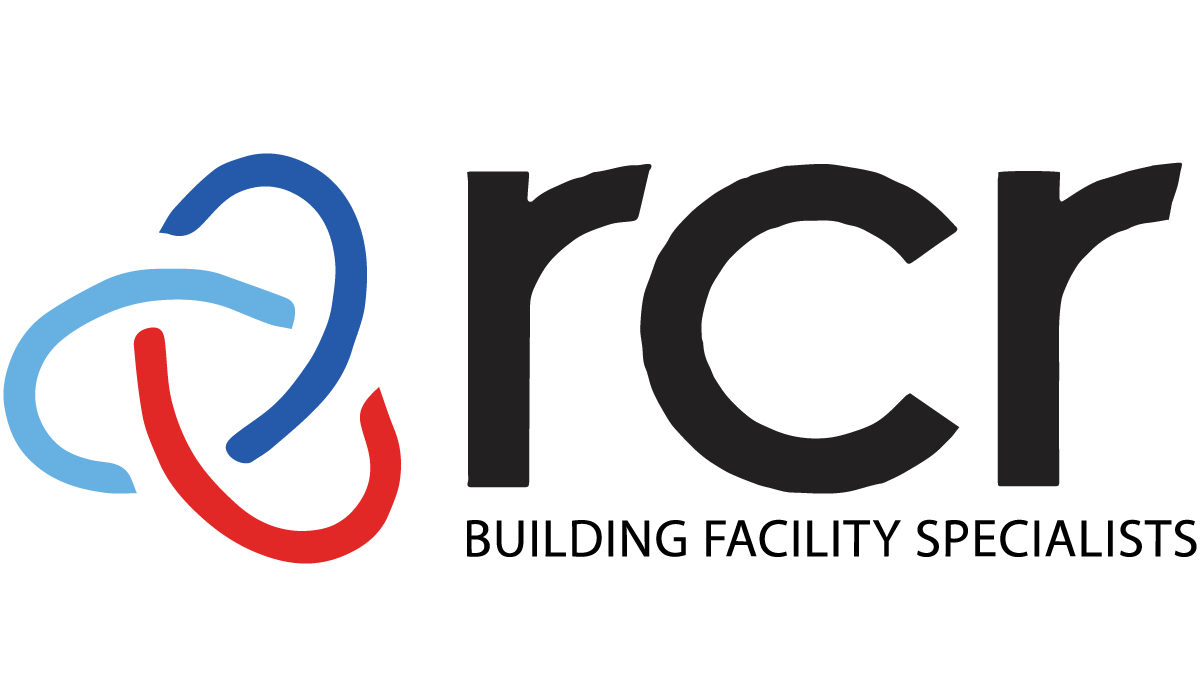Leading Ways to Improve Solar Panel Efficiency
In recent years, solar energy has gained immense popularity as a renewable and sustainable source of power. As the world embraces clean energy solutions, the demand for solar panels has soared. Solar panels, also known as photovoltaic (PV) panels, convert sunlight into electricity, reducing our dependence on fossil fuels and curbing greenhouse gas emissions. However, like any technology, solar panels have room for improvement. In this article, we will explore the leading ways to enhance solar panel efficiency, enabling us to harness more energy from the sun and make solar power an even more viable option for a greener future.
Understanding Solar Panel Efficiency
What is Solar Panel Efficiency?
Solar panel efficiency refers to the percentage of sunlight that a solar panel can convert into electricity. The higher the efficiency, the more electricity a panel can produce for a given amount of sunlight. Standard silicon-based solar panels typically have an efficiency of around 15% to 20%.
Calculating Efficiency
Solar panel efficiency can be calculated by dividing the power output (in watts) by the amount of sunlight (in watts per square meter) that falls on the panel. For instance, if a solar panel has a power output of 300 watts and receives 1000 watts of sunlight per square meter, the efficiency would be 30%.
Factors Affecting Efficiency
Several factors influence solar panel efficiency, including:
- Quality of Materials: High-quality materials ensure better light absorption and energy conversion.
- Temperature: Solar panels operate less efficiently at higher temperatures.
- Dust and Shading: Dust and shading can reduce the amount of sunlight reaching the panel’s surface, impacting efficiency.
- Orientation and Tilt: Proper orientation and tilt optimise sunlight exposure.
Leading Ways to Improve Solar Panel Efficiency
1. High-Quality Solar Panels
Investing in high-quality solar panels with advanced materials and technology can significantly boost efficiency. While these panels may come at a higher upfront cost, the long-term benefits in energy production outweigh the initial investment.
2. Advanced Photovoltaic Technologies
Researchers are constantly developing new photovoltaic technologies that promise higher efficiency rates. For instance, multi-junction solar cells can capture a broader spectrum of sunlight, increasing overall efficiency.
3. Thin-Film Solar Cells
Thin-film solar cells are lightweight and flexible, making them suitable for various applications. They have the potential to achieve higher efficiency levels and perform better in low-light conditions.
4. Bifacial Solar Panels
Bifacial solar panels can generate electricity from both sides, capturing reflected sunlight from surfaces like the ground or nearby structures. This design allows for increased energy production.
5. Solar Panel Orientation and Tilt
Properly orienting and tilting solar panels can optimise sunlight exposure throughout the day, maximising energy output.
6. Tracking Systems
Solar tracking systems follow the sun’s path, keeping the panels at an ideal angle for maximum sunlight absorption, further increasing efficiency.
7. Anti-Reflective Coatings
Anti-reflective coatings on solar panels reduce light reflection, allowing the cells to absorb more sunlight.
8. Temperature Regulation
Efficient temperature regulation prevents solar panels from overheating, maintaining optimal efficiency levels.
9. Cleaning and Maintenance
Regular cleaning and maintenance remove dirt, dust, and debris, which can hinder sunlight absorption and reduce efficiency.
10. Solar Panel Placement
Strategic placement of solar panels in locations with high solar exposure can enhance overall efficiency.
Benefits of Improving Solar Panel Efficiency
1. Increased Energy Production
Higher efficiency means more electricity is generated, meeting energy demands more effectively.
2. Cost Savings
Improved efficiency leads to greater energy output, resulting in reduced electricity bills and quicker payback periods for the initial investment.
3. Environmental Impact
Enhanced solar panel efficiency contributes to reducing greenhouse gas emissions, combating climate change, and preserving the environment.
Challenges and Limitations
1. Cost of Advanced Technologies
Adopting cutting-edge solar technologies can be costly, limiting their widespread implementation.
2. Space Limitations
Installing high-efficiency solar panels might require more space, making them unsuitable for small rooftops or limited areas.
3. Weather Dependence
Weather conditions, such as cloudy days or low light levels, have an impact on solar panel efficiency.
Future Prospects and Innovations
1. Perovskite Solar Cells
Perovskite solar cells have shown great promise in research and development, with the potential for high efficiency and low production costs.
2. Transparent Solar Panels
Transparent solar panels can be integrated into windows and building facades, harnessing sunlight without obstructing the view.
3. Quantum Dot Solar Cells
Quantum dot solar cells have the potential to improve efficiency by capturing a broader spectrum of light.
4. Solar Skin Technology
Solar skin technology allows solar panels to blend seamlessly with rooftops, improving aesthetics without compromising efficiency.
Improving solar panel efficiency is crucial for maximising the potential of solar energy as a clean and sustainable power source. By embracing high-quality materials, advanced technologies, and innovative designs, we can harness more energy from the sun, reducing our carbon footprint and building a greener future.
Discover a brighter, greener future for your business with RCR’s cutting-edge commercial solar solutions. Our experts will tailor a custom solar system to maximise efficiency and reduce costs. Embrace sustainability and say goodbye to rising energy expenses. Contact us now to power your business with the sun and make a lasting difference. Go solar with RCR today!




